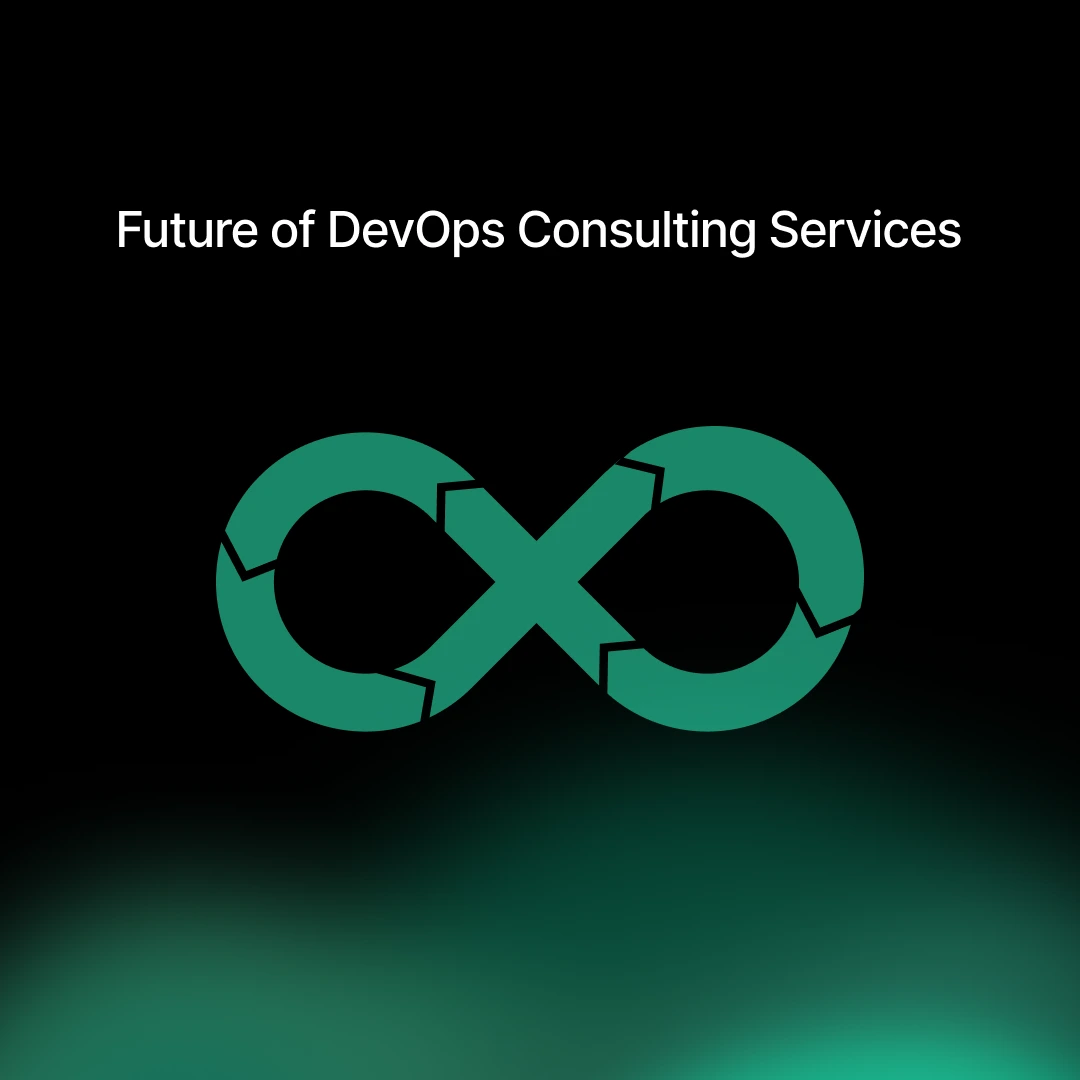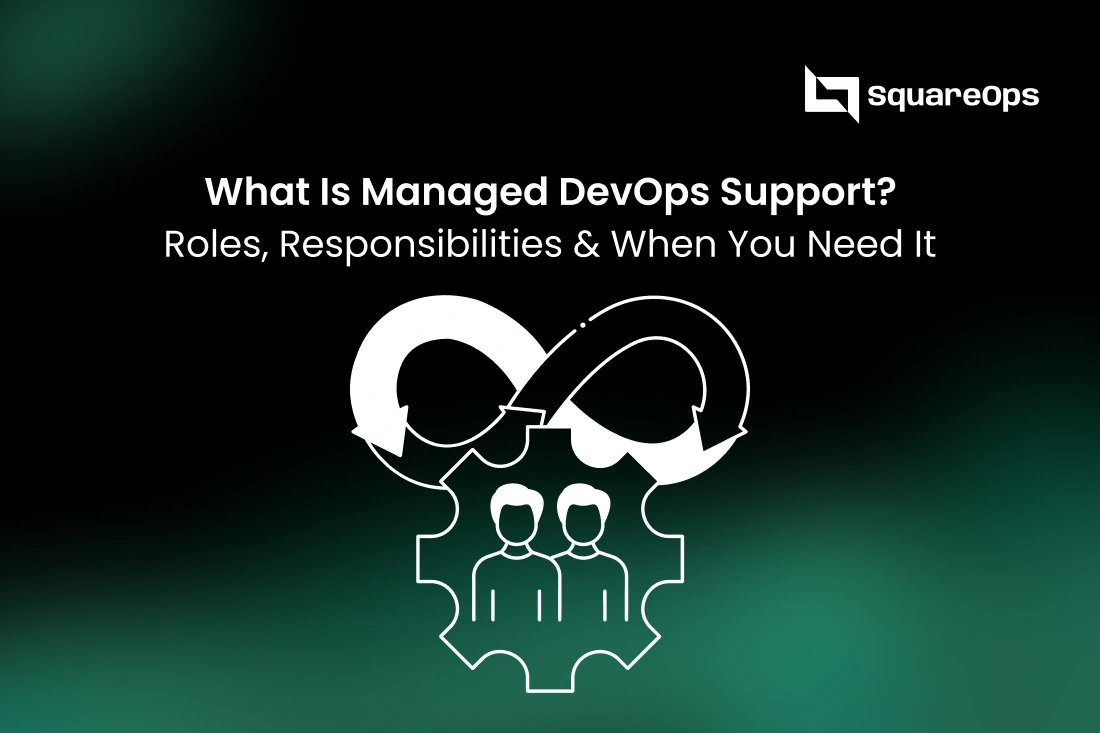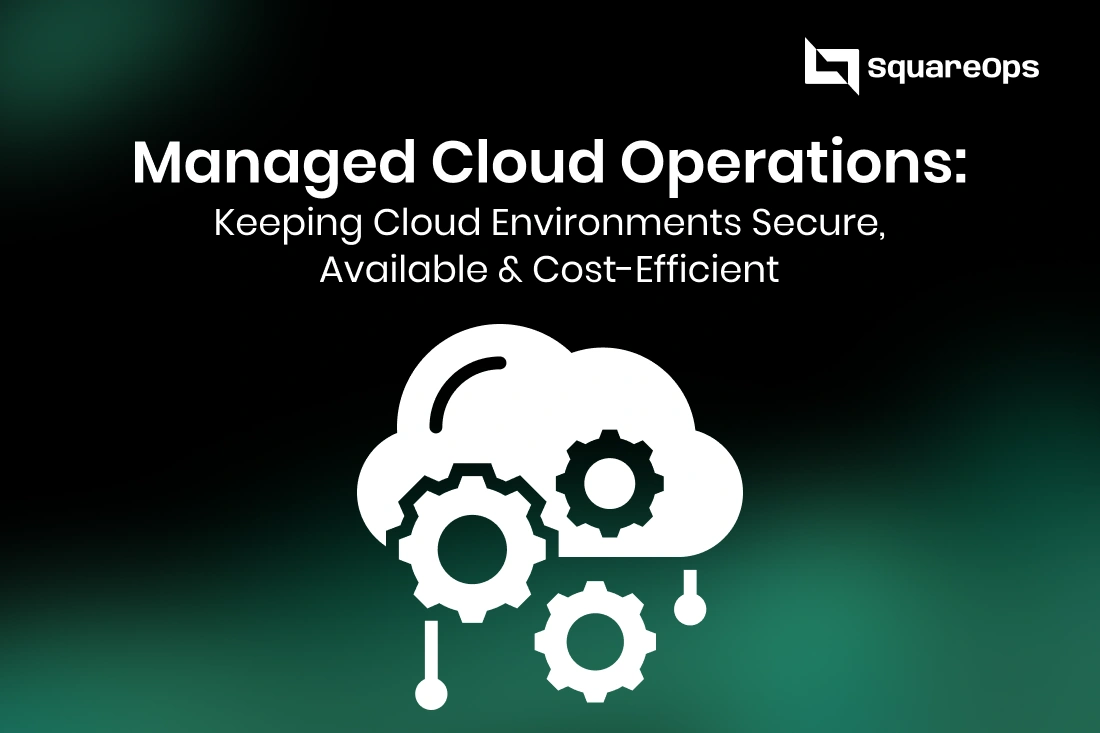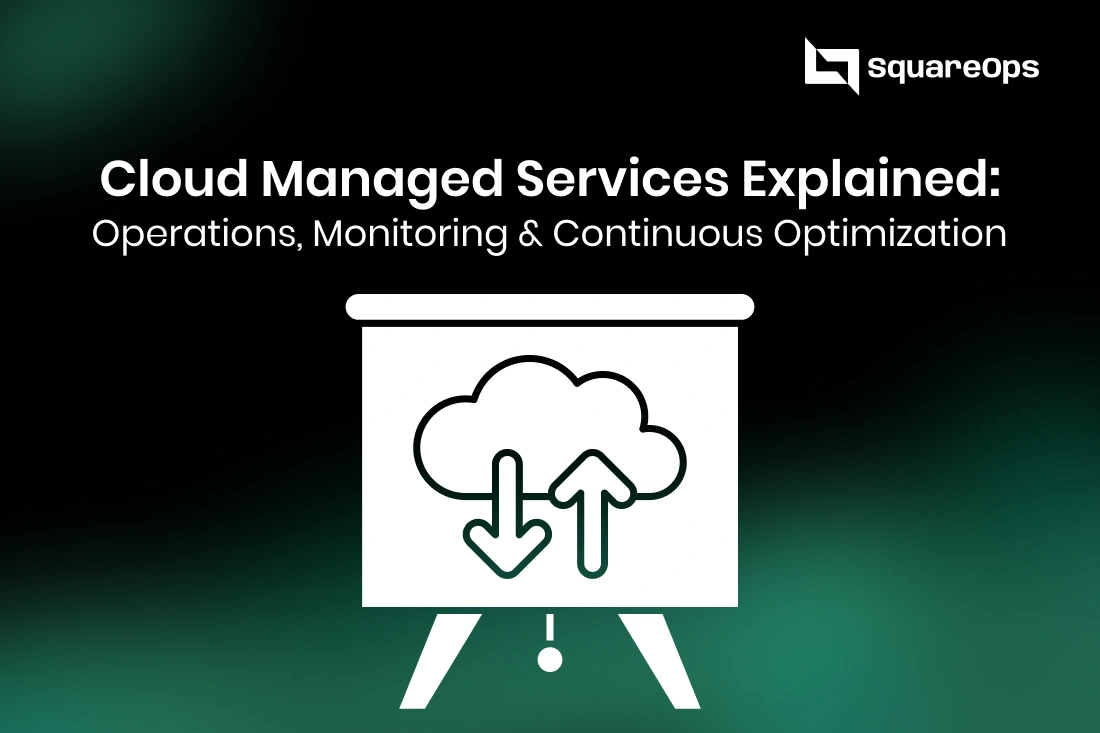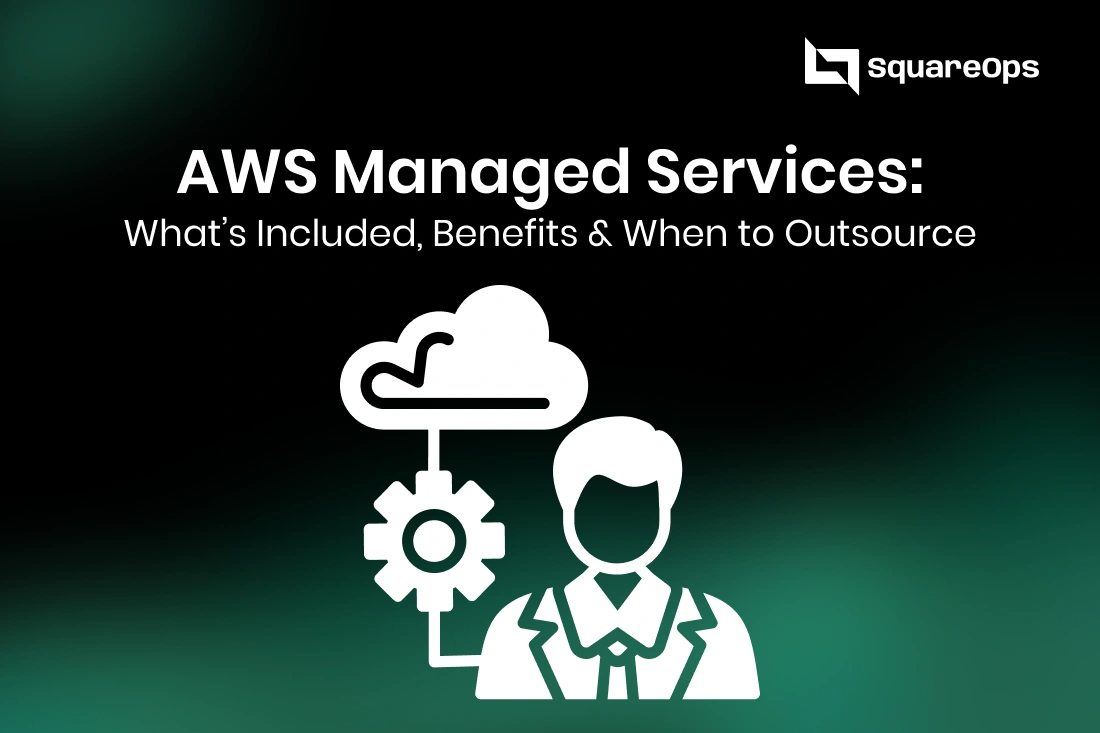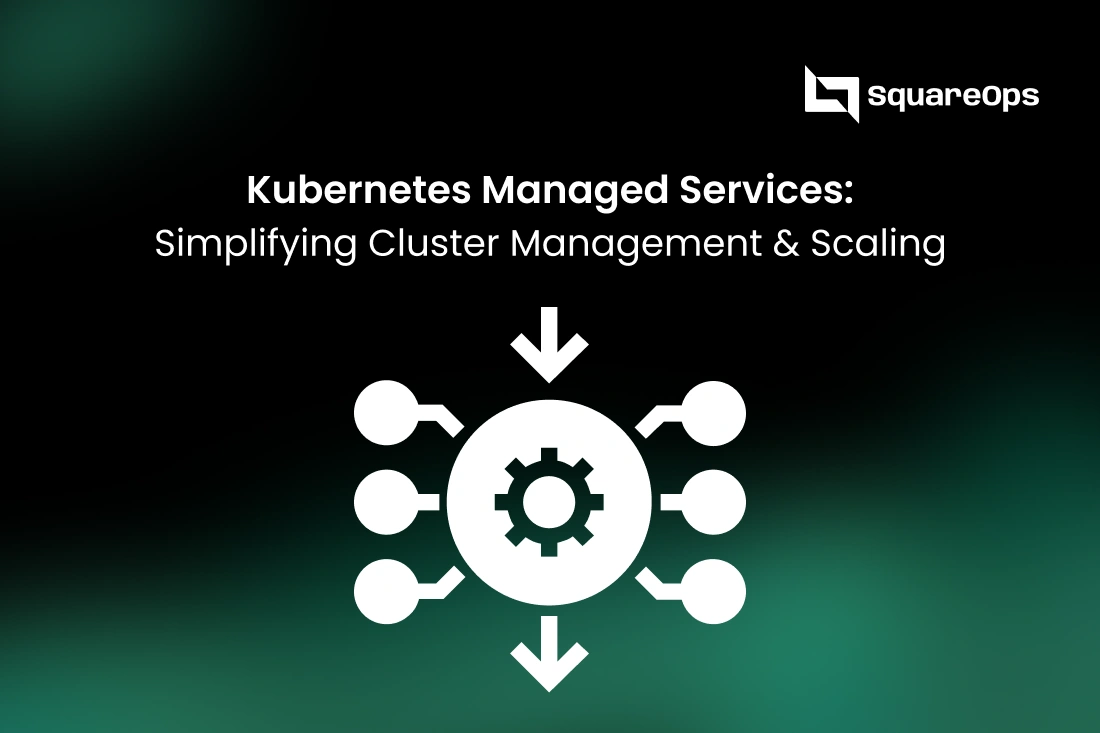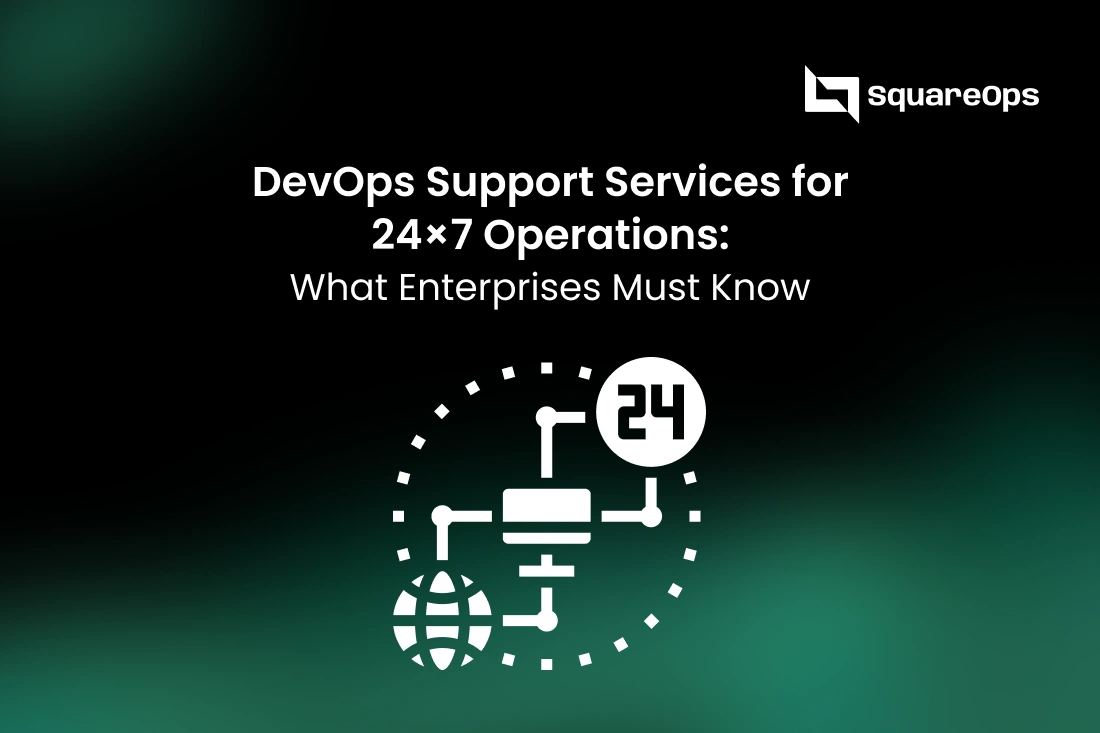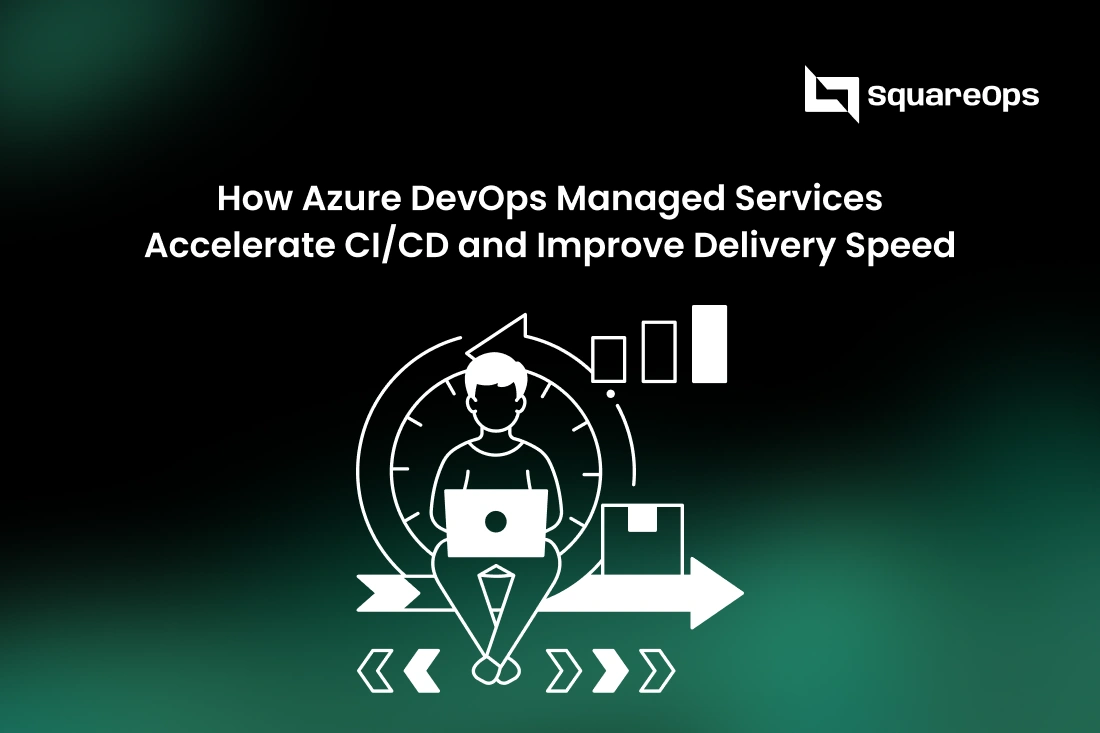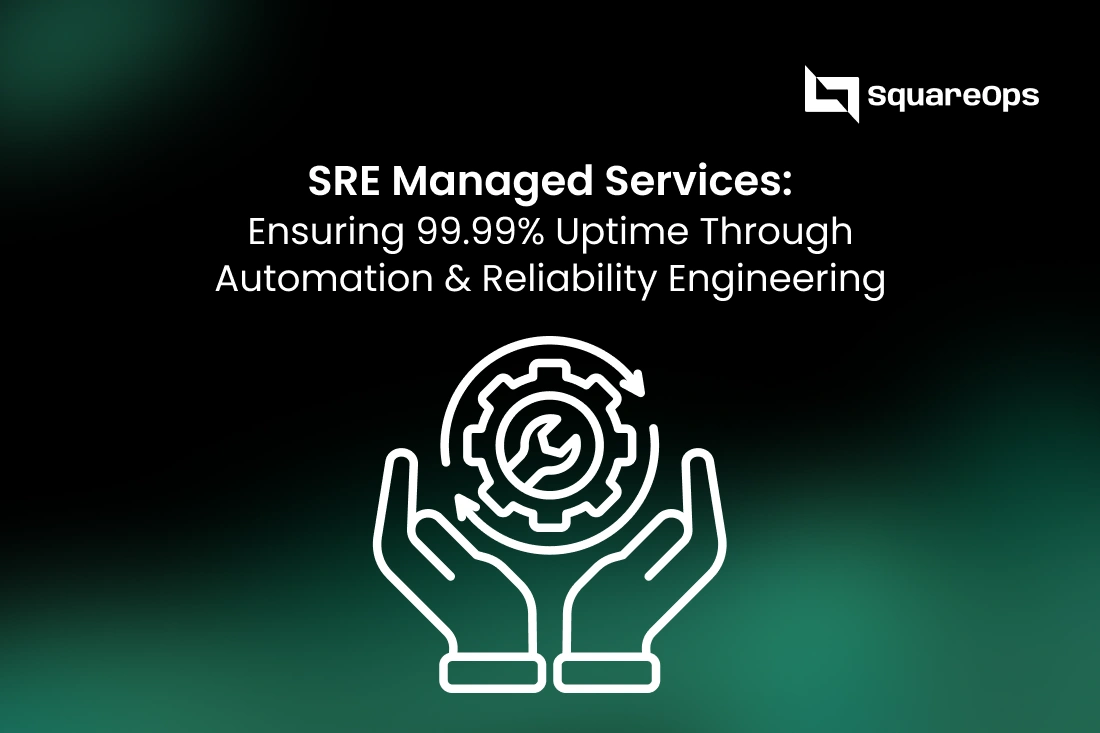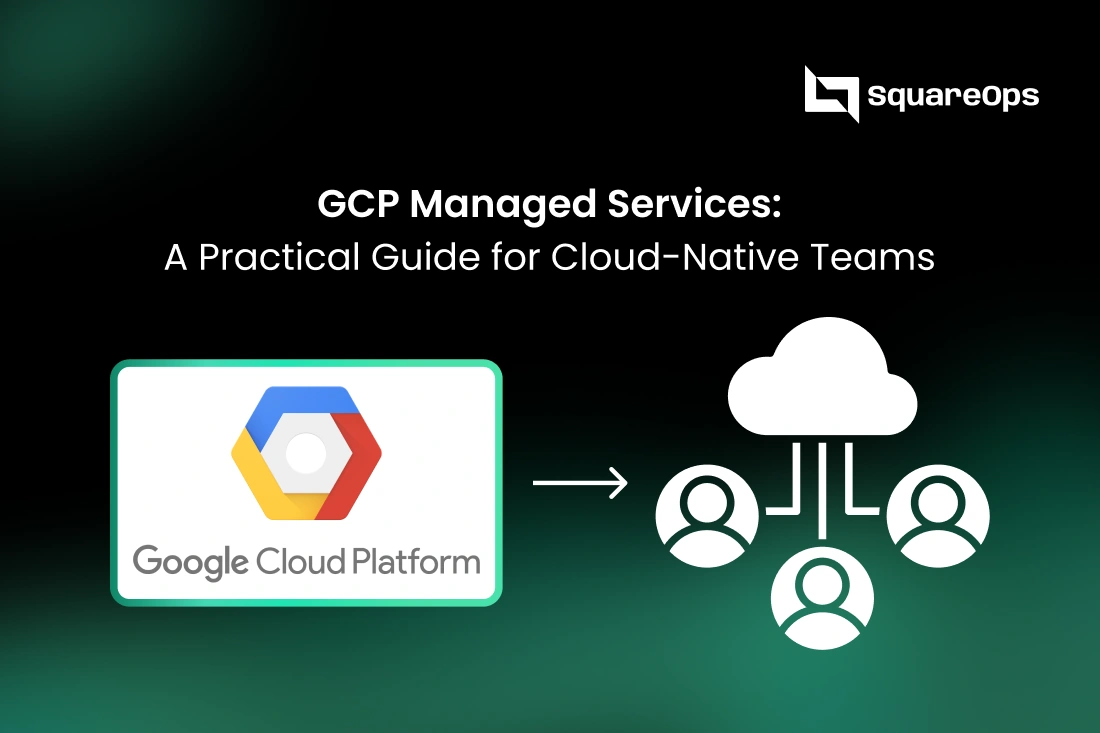Introduction
DevOps has become a cornerstone of modern software development and IT operations. As the technology landscape evolves, so do the practices, tools, and expectations surrounding DevOps. Consulting services play a crucial role in guiding organizations through this dynamic field. In this article, we will explore the emerging trends in DevOps, the role of AI and automation, the evolving skill set of DevOps engineers, the impact of DevOps on business processes, and predictions for the next decade of the DevOps industry.
Emerging Trends in DevOps
As DevOps matures, several key trends are shaping its future and the consulting services that support it:
1. GitOps and Infrastructure as Code (IaC)
- GitOps, an extension of DevOps, emphasizes managing infrastructure and applications using Git as a single source of truth.
- IaC tools like Terraform and Pulumi are becoming standard for automating infrastructure provisioning.
2. DevSecOps: Integrating Security into DevOps
- Security is no longer an afterthought but an integral part of the development lifecycle.
- DevSecOps ensures security practices are embedded within CI/CD pipelines, from automated security scans to compliance checks.
3. Shift to Platform Engineering
- Organizations are increasingly adopting internal developer platforms (IDPs) to centralize tools and resources, simplifying the developer experience.
- DevOps consultants are helping businesses build and manage these platforms effectively.
4. Focus on Observability
- Beyond traditional monitoring, observability focuses on understanding system states through logs, metrics, and traces.
- Tools like Grafana, Prometheus, and OpenTelemetry are driving this shift.
5. Multi-Cloud and Hybrid Environments
- Businesses are leveraging multi-cloud and hybrid strategies for greater flexibility and resilience.
- DevOps practices are evolving to manage the complexities of these environments seamlessly.
The Role of AI and Automation in DevOps
Artificial intelligence (AI) and automation are revolutionizing DevOps by enhancing efficiency, accuracy, and scalability.
1. AI-Driven Monitoring and Analytics
- AI-powered tools like Datadog and Dynatrace analyze system performance data to predict and prevent issues.
- Machine learning algorithms can detect anomalies and provide actionable insights in real time.
2. Intelligent Automation
- Automation tools are increasingly incorporating AI capabilities to optimize CI/CD pipelines and infrastructure management.
- Self-healing systems automatically resolve issues without human intervention, reducing downtime.
3. AI for Test Automation
- AI-driven testing tools identify high-risk areas in code and prioritize testing efforts, accelerating the development cycle.
4. ChatOps for Collaboration
- ChatOps integrates chat tools like Slack with DevOps workflows, allowing AI-powered bots to execute commands, monitor systems, and report issues in collaborative environments.
5. Enhanced Security
- AI enhances DevSecOps by identifying vulnerabilities, monitoring threats, and enforcing compliance through automated checks.
The Evolving Skill Set of DevOps Engineers
The role of a DevOps engineer is expanding as new tools, practices, and expectations emerge. Consultants are playing a key role in helping engineers adapt.
1. Proficiency in Automation Tools
- Expertise in tools like Jenkins, Kubernetes, and Terraform is essential.
- Engineers must also learn scripting languages like Python or Bash to automate repetitive tasks.
2. Cloud-Native Knowledge
- With the rise of containerization and orchestration, knowledge of Docker, Kubernetes, and cloud platforms (AWS, Azure, GCP) is critical.
3. Security Skills
- DevSecOps demands that engineers understand secure coding practices, vulnerability assessments, and compliance frameworks.
4. Observability and Monitoring
- Engineers need to master tools like Prometheus, Grafana, and Elastic Stack to monitor and maintain system health.
5. AI and Machine Learning
- Familiarity with AI-powered DevOps tools and basic machine learning concepts is becoming increasingly valuable.
6. Collaboration and Communication
- Soft skills are critical for breaking silos and fostering collaboration across teams, making DevOps a truly integrated practice.
The Impact of DevOps on Business Processes
DevOps has a profound impact on how businesses operate, from improving agility to fostering a culture of continuous improvement.
1. Accelerated Time-to-Market
- Streamlined CI/CD pipelines enable faster delivery of new features and updates, giving businesses a competitive edge.
2. Cost Optimization
- Automation reduces manual effort, minimizing errors and optimizing resource utilization.
- Scalable infrastructure lowers costs during peak demand periods.
3. Enhanced Customer Experience
- Faster and more reliable deployments translate to improved user satisfaction and retention.
4. Collaboration Across Teams
- DevOps breaks down silos between development, operations, and security teams, fostering collaboration and shared responsibility.
5. Data-Driven Decision Making
- Monitoring and analytics tools provide actionable insights, enabling businesses to make informed decisions about scaling, performance, and future investments.
Predictions for the DevOps Industry in the Next Decade
The future of DevOps is bright, with continued evolution and innovation. Here are key predictions for the next decade:
1. Widespread Adoption of AI and ML
- AI and machine learning will become integral to DevOps, driving intelligent automation, predictive analytics, and self-healing systems.
2. Greater Emphasis on DevSecOps
- As cyber threats grow, integrating security into every stage of the development lifecycle will be non-negotiable.
3. Expansion of NoOps
- NoOps, where automated systems handle operational tasks, will gain traction, particularly in serverless and highly automated environments.
4. Rise of Low-Code and No-Code DevOps
- Tools enabling non-technical users to configure DevOps workflows will democratize access to automation and accelerate adoption.
5. Increased Use of Edge Computing
- DevOps practices will adapt to manage decentralized systems, supporting edge computing for faster processing and lower latency.
6. Growth of Platform Engineering
- Internal developer platforms will become the norm, simplifying developer workflows and improving productivity.
7. Greater Focus on Sustainability
- Organizations will adopt green DevOps practices, optimizing resource use to reduce their carbon footprint.
Conclusion
The future of DevOps consulting services is shaped by emerging trends, technological advancements, and the growing demands of businesses. From AI and automation to enhanced security and observability, the field is rapidly evolving. Consultants will continue to play a vital role in helping organizations navigate these changes, providing expertise, training, and tailored solutions.
As DevOps transforms business processes and empowers innovation, its impact will only deepen in the coming years. By staying ahead of trends and embracing new technologies, organizations can unlock the full potential of DevOps and secure their place in an increasingly competitive landscape. Whether you're looking to adopt DevOps or refine existing practices, the time to act is now.
